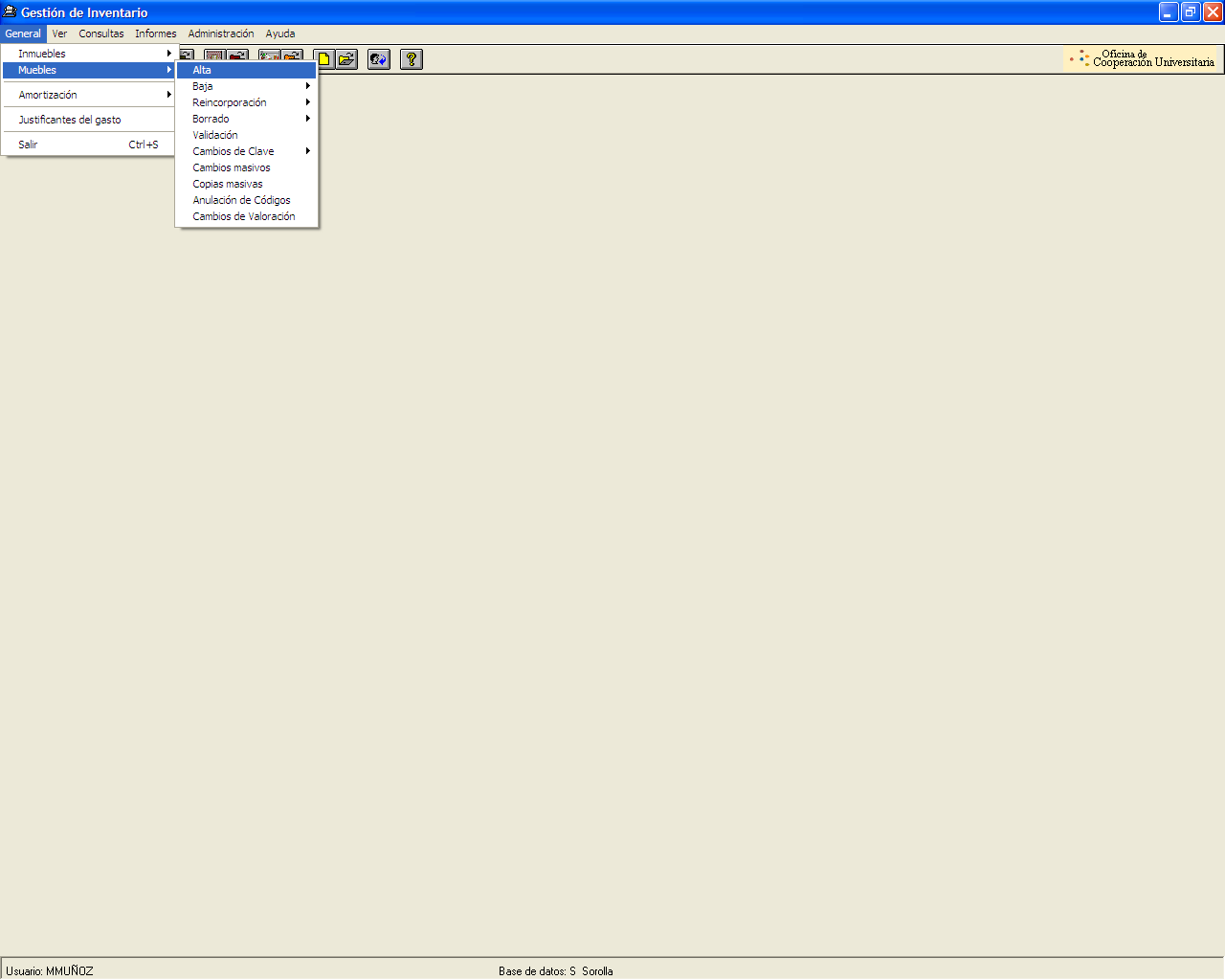LITERACY ADDICTION MY NEXT STEP MAY BE THERAPY I’VE
1 SKILLS GAINED IN INFORMATION MEDIA AND TECHNOLOGY LITERACY2019 LOCAL LITERACY & STUDENT SUPPORT PROGRAMS UPDATED 5619
44 WORKPLACE LITERACY REQUIREMENTS AND UNSKILLED EMPLOYMENT IN EASTCENTRAL
65 ADDRESSING HEALTH LITERACY IN HIV CARE AND TREATMENT
ADOLESCENT INSTRUCTION MODEL (AIM) FOR LITERACY GRADES 412 ADAPTED
ADULT LITERACY WORK IN CANADA BY RICHARD DARVILLE
I probably shouldn’t admit this too publicly, but I am hooked on this literacy thing
Literacy Addiction
My next step may be therapy. I’ve tried the helplines and at first they were okay. They at least kept the problem at bay. Now it’s time to face up to the problem, you know, confront it publicly, maybe talk about it openly in self-conscious circles of fellow sufferers.
Yes, I’m hooked on literacy. Perhaps it’s a peer pressure kind of thing, but what started as just dipping a toe in the water has ended with me swimming with abandon at the deep end. In the process, it’s transformed my teaching.
Remember those ‘before & after’ advertising formats used for lifestyle products – chiefly diets, I think? They’d show a smudged black and white photograph of someone looking fretful on the left (“before”). Then there would be a colourful glossy image of a tanned smiling face enticing us to try the diet ourselves (“After”).
The literacy impulse feels a bit similar for me.
|
BEFORE |
AFTER |
|
I wasn’t sure how much language work to do. Like most English teachers, I taught language through literature |
The distinction between ‘language’ and ‘literature’ now seems old-fashioned and unhelpful. An emphasis on language runs through everything I do – but without squeezing out any of my beliefs about the centrality of literature |
|
I’d feel that I ought to teach my students more grammar, but it never worked, and certainly never led to improvements in their writing |
Now grammar work is embedded in all classroom activities – except that it’s not a passive matter of noun-spotting, but an active process of exploring, rewriting, and messing around with texts |
|
The aims and purpose of lessons could be unclear, especially on my more self-indulgent days. |
Now there’s more pace to lessons, clearer objectives, and greater student involvement – and it’s leading to better quality work from my students. |
These are grand claims, and plenty of English teachers won’t share my commitment to the literacy framework for key stage 3. But this – I suspect – is often because people haven’t internalised it. The key to the success of literacy work is not a naming-of-parts approach, but a whole teaching style. These are its key ingredients:
Clear objectives, communicated to the whole class
Fast pace – short activities, rapid progression
An emphasis on whole-class teaching to create a really collaborative sense of progress
An emphasis throughout on helping students to improve their own work – it isn’t about spotting features in texts for the sake of it.
A workshop approach to writing – with the teacher as ‘lead writer’, actively exploring the effects of texts, on an OHP or whiteboard, at the front of the class
A move from dependency of the students to independence, from supporting their work, to providing scaffolds, to leaving them to work on their own
And still at the heart of all of this is a continuing belief that one of our most fundamental responsibilities is to get our students hooked on texts. Reading, and talking about reading, is the central part of the job. Literacy isn’t a strait-jacket but a hugely motivating breakthrough – for teacher and student alike.
5 hints for building the literacy framework into your work:
Go back to basics. The two most powerful elements in good teaching are (a) clearly stating what we want students to learn at the start of each lesson, and then (b) summarising and reviewing progress at the end.
Work on small, manageable extracts of texts to build students’ confidence. Working on a class reader? Spend fifteen minutes exploring the style in one paragraph, or one sentence – but do it actively. Get students to rewrite, change tense, delete modifiers, change the genre.
Use an OHP more, tinkering with texts at the front of the class, inviting student suggestions for how to improve a piece of writing. This will link language features to effect.
Don’t get too hung up on grammar. What we’re really doing here is focusing on the writing process – how to write better. Technical terms don’t, in themselves, help that process: they simply create a kind of short-hand for talking about texts, and build students’ knowledge of the writing process.
Read lots of genres. Broaden the diet of students’ reading in your classroom, using short extracts from a bigger range of texts. See Genres for a collection of fiction and non-fiction genres. Don’t get too hung up on ‘literary’ versus ‘non-literary’ non-fiction. It’s a phoney distinction: just read lots of texts, but make it active.
10 new text-types to try out in your classroom:
Sports writing
Transcripts of conversation – from real life, soap operas, etc
Email conventions
Cookery writing (especially Nigel Slater and Nigella Lawson)
Leaflets
Other marketing sources – eg breakfast cereal packets
Science writing (John Carey’s Faber Book of Science) is indispensable.
Instructional writing – from recipes to how to programme a video recorder
Unauthorised versus authorised biographies eg Richard Branson, or Posh and Becks)
Websites
Geoff Barton recommends:
To build your pupils’ grammar knowledge – with homework reinforcement sheets – see Grammar Essentials, the grammar book which was highly commended in the English Speaking Union awards
To get a bigger range of genres into your classroom, see Genres, which contains a huge number of accessible texts for key stage 3 and 4.
CALL FOR CONFERENCE PAPERS THIRD ANNUAL EARLY LITERACY
CARBON LITERACY STANDARD CRITERIA CHECKER A PLANNING AND
CCSSELALITERACYRF43 KNOW AND APPLY GRADELEVEL PHONICS AND WORD ANALYSIS
Tags: addiction my, therapy, addiction, literacy
- JOB(05)53 PÁGINA 3 EL PROGRAMA DE PASANTÍAS DE LOS
- UNIDAD 4 POEMAS LENGUA EV NOMBRE Y APELLIDOS …………………………………………
- A LELKI ÉNEKEK MA HÁRMAS CSOPORTOSÍTÁS VANNAK
- CONSTITUCION 1830 PRINCIPALES ARTÍCULOS ARTÍCULO 1º EL ESTADO ORIENTAL
- BACKGROUND INVESTIGATION FORM TO BE COMPLETED BY ALL LIQUOR
- (IME I PREZIME) (PREBIVALIŠTEDRŽAVA MJESTO I ULICA
- C TROT1 A POCKET WATCH AND BIG BEN ARE
- RESOLUTION T 17459 DRAFT 1162014 CDABA PUBLIC UTILITIES COMMISSION
- ELEMENTÁRNÍ JEDNOTKY – STANDARDNÍ MODEL A MILIKANŮV EXPERIMENT PRACOVNÍ
- PTDC27 PÁGINA 2 OMPI S PTDC27 ORIGINAL INGLÉS FECHA
- VALORACIÓN DE LA DIFUSIÓN ES UN INDICADOR RELACIONADO CON
- K EMENTERIAN RISET TEKNOLOGI DAN PENDIDIKAN TINGGI UNIVERSITAS HASANUDDIN
- UMOWA KONSORCJUM NAUKOWEGO NR 2017 ZAWARTA W DNIU2017
- LA ADMINISTRACIÓN CONCERTADA LA JUSTIFICACIÓN QUE HACE EL GRUPO
- DIAGNOSI MEDIAMBIENTAL DEL PARC NATURAL DEL GARRAF I AL
- LA COMISIÓN DE ACCESIBILIDAD DEL PODER JUDICIAL DESEA COMPARTIR
- ABRAHAM ABULAFIA HOKHMAT HATSERUF O “CIENCIA DE LA
- GREEN THUMB BOOK BY JOAN ENGUITA MUSIC BY NANCY
- MŸKJ IF’PE JSYOS NORTH WESTERN RAILWAY JSYOS HKRHZ D{K]
- BP Nº 32 IDENTIFICACIÓN DE LA BUENA PRÁCTICA
- AJUNTAMENT DE XIRIVELLA REGISTRE DENTRADA DATA NÚM REG GRAL
- PLANNING AND DEVELOPMENT 14 NORTH STREET CLAREMONT NH 03743
- WAT HEB IK NODIG OM TE STUDEREN ? SEPTEMBER
- DAMARIS PLATT 400 HOBRON LANE 2006 HONOLULU HAWAII 96815
- CABALGATA REYES MAGOS VILLANUEVA DE GALLEGO DIA 5 DE
- RBS SEVER REMOTE INSTALLATION FORM PRINT A COPY OF
- VALIDACIÓ DE L’EXPERIÈNCIA LABORAL FAMÍLIA PROFESSIONAL SERVEIS SOCIOCULTURALS I
- W ACTIVITY SHEET ORLD TRADE ORGANIZATION TITLE OF THE
- ZADANIA SĄDU OPIEKUŃCZEGO I WYBRANE ZAGADNIENIA DOTYCZĄCE USTAWY Z
- KOREA INITIATIVE EXPANDS MAKING 2006 OUR STRONGEST YEAR
YÜKSEK LİSANS TEZ SAVUNMA İSTEK FORMU …………20…… TC MARMARA
 PŘÍLOHA Č 3 – B) JMÉNO A PŘÍJMENÍ NÁMĚSTEK
PŘÍLOHA Č 3 – B) JMÉNO A PŘÍJMENÍ NÁMĚSTEK PUMUO FICHA DE ACTIVIDAD DOCENTE DE ASIGNATURAS Y TALLERES
PUMUO FICHA DE ACTIVIDAD DOCENTE DE ASIGNATURAS Y TALLERESZÁZNAM O ODMÍTNUTÍ POSKYTNUTÍ ZDRAVOTNÍCH SLUŽEB REVERS –
 MODELO DE DIRECCIONES VERSIÓN 21 JUNIO 2009 HOJA DE
MODELO DE DIRECCIONES VERSIÓN 21 JUNIO 2009 HOJA DEOlmsted Falls City Schools Resources for Students and Parents
USA HOCKEY BYLAW 1O PROCEDURE FOR SUSPENSION AND DISCIPLINE
 VEDTEKTER FOR ANDELSLAGET REVIDERT PÅ ÅRSMØTE 270409 INNHOLDSFORTEGNELSE 1
VEDTEKTER FOR ANDELSLAGET REVIDERT PÅ ÅRSMØTE 270409 INNHOLDSFORTEGNELSE 1 REFPLANTAS DE TRATAMIENTO ECOPLANT 5 PLUS DE NUESTRA CONSIDERACIÓN
REFPLANTAS DE TRATAMIENTO ECOPLANT 5 PLUS DE NUESTRA CONSIDERACIÓNBUSCAPRONTA WWWBUSCAPRONTACOM ARQUIVO 35 DE PESQUISAS GENEALÓGICAS 306 PÁGINAS
 ANNEX 3 ADDITIONAL APPLICANT(S) TEMPLATE FIRST OPEN CALL FOR
ANNEX 3 ADDITIONAL APPLICANT(S) TEMPLATE FIRST OPEN CALL FOR DIRECCION GENERAL DE AVIACION CIVIL DE COSTA RICA UNIDAD
DIRECCION GENERAL DE AVIACION CIVIL DE COSTA RICA UNIDAD CELEBRATING DIFFERENCES COMPETITION WINNERS 20067 STAFF COMPETITION
CELEBRATING DIFFERENCES COMPETITION WINNERS 20067 STAFF COMPETITION  MANUAL DE INVENTARIO UNIVERSIDAD DE MÁLAGA 1 ANTECEDENTES EL
MANUAL DE INVENTARIO UNIVERSIDAD DE MÁLAGA 1 ANTECEDENTES EL WALL SLOT DIFFUSER DSXXXLW SPECIFICATION TEXTS THE WALL SLOT
WALL SLOT DIFFUSER DSXXXLW SPECIFICATION TEXTS THE WALL SLOT INSTITUT PRIVAT D’ESTUDIS MÓN JUÏC BUTLLETA D’INSCRIPCIÓ NOM I
INSTITUT PRIVAT D’ESTUDIS MÓN JUÏC BUTLLETA D’INSCRIPCIÓ NOM I A MONDAT KEZDŐ KONSTITUENSÉNEK MEGVÁLASZTÁSA SZERKEZETÉPÍTÉSI KORLÁTOZOTTSÁGOK –
A MONDAT KEZDŐ KONSTITUENSÉNEK MEGVÁLASZTÁSA SZERKEZETÉPÍTÉSI KORLÁTOZOTTSÁGOK –ZÁPIS A USNESENÍ ZE 19 ZASEDÁNÍ ZO PERNINK KONANÉHO
 EL AYUNTAMIENTO CUMPLE SU COMPROMISO DE IMPULSO A LA
EL AYUNTAMIENTO CUMPLE SU COMPROMISO DE IMPULSO A LA ZASTUPNIČKI DOM SABORA REPUBLIKE HRVATSKE NA TEMELJU ČLANKA
ZASTUPNIČKI DOM SABORA REPUBLIKE HRVATSKE NA TEMELJU ČLANKA